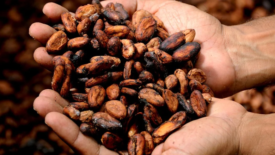Supply Chain
BIZTRACKS
Varcode, National Packaging Group Develop Smart Packaging Solutions for Temperature-Sensitive Products
September 21, 2022
Arizona LGMA Updates Food Safety Standards for 2022–2023 Growing Season
September 20, 2022
Never miss the latest news and trends driving the food safety industry
eNewsletter | Website | eMagazine
JOIN TODAY!Copyright ©2025. All Rights Reserved BNP Media.
Design, CMS, Hosting & Web Development :: ePublishing




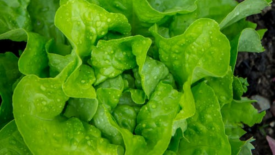

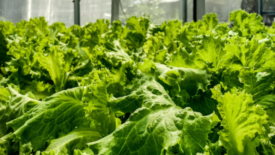
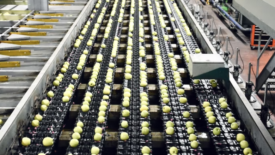

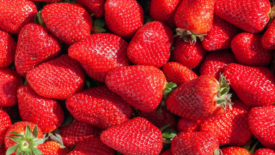
-logo.png?height=168&t=1662132410&width=275)
